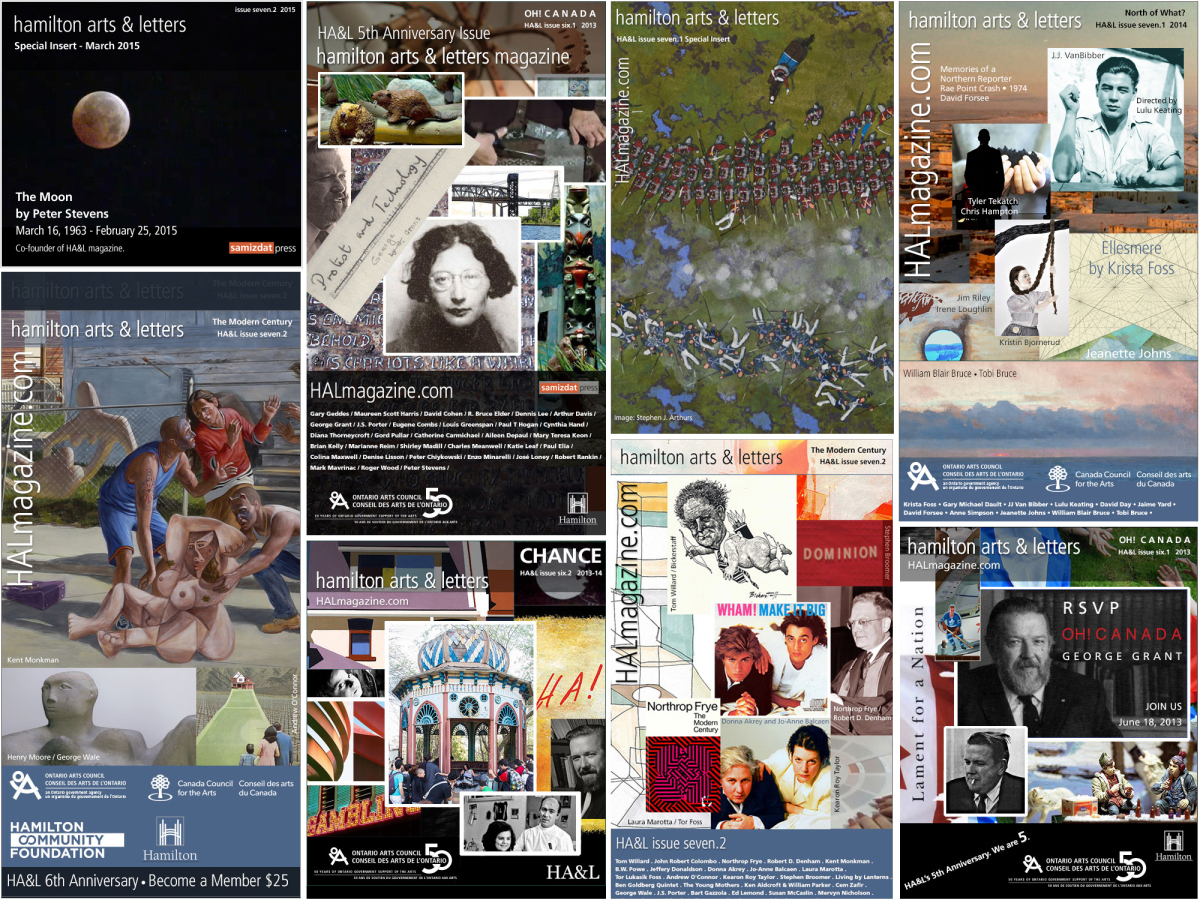On Middles
By Ben Ladouceur
Recently I sat at the booksellers’ table during a poetry reading. This is best-case scenario seating. You might feel a little nervous that you’ll spill your drink on hundreds of dollars of merch, but that’s outweighed by the fact that you can grab the same book the reader is consulting, and read along in real time. I always do this when I can, like if I bought the book before the reading started. If I own the book already, I might bring it to the reading, ostensibly to get it signed, but really so I can read along. Sat down at the book table, simultaneously reading and hearing a book I hadn’t yet paid for, I tried to get a sense of exactly why I like doing this. And I figured it out when the poet said one of the more potentially dreadful things you can hear from a poet who is sharing their work – “I’ll wrap things up with a longer one.” Long poems can be two pages and they can also be twenty pages. I wanted to know how long this one would be, and because I was holding the book, I was able to find out.
I’m addicted to endings. The world as we have built it enables such addition. I spend airplane rides watching the little digital airplane on the screen in front of me, colouring the red line green with its body, telling anyone who wants to know how far away the departure point is, and how close home. I love the Youtube scrub bar, telling me if I’ll have time for one more music video before I leave for work. I love its big sister, the Netflix scrub bar; I move my mouse to find out if the film is wrapping things up, or if the resolution playing before me is a fakeout, and there’s actually another hour of plot. Even the articles I read online have started indicating my progress, a bar at the top of the screen colouring itself to the right as I scroll to the bottom. When I sit down with a book, at the start of every chapter, I always-always-always skip ahead to see how much more chapter there is. There’s only only one form of media I consume that refuses to provide me with information about when things are going to wrap up – social media. Newsfeeds replenish themselves endlessly, until I forget that I have the option of no longer scrolling. Social media try as hard as they can to remain a full, dull middle, alive beyond time. No clocks hang in Las Vegas, and no exit signs light up in timelines.
Every story has a middle and I am in the middle of many stories. At time of writing, my bedside table sports a book of one-act plays and a science-fiction novel, the bookmarks of which approximate halfway points. My Netflix queue offers comedies and dramas abandoned at the second act. My pile of half-read New Yorkers shames me from the kitchen table. Somewhere up in heaven dwell all the books I’ve ever set aside, all the articles I’ve assumed I’ll finish later, all the movies I fell asleep during, all the TV box sets I had to give back to their owners. Each story is a middle I’ll never escape. Countless protagonists – mid-jump, mid-death, mid-break-up, mid-crime-solve – await my return. What am I getting out of all these unfinished stories? I don’t like the notion of being stuck in any middles, however unnoticeable. Half-finished is a synonym of unfinished; middles are means to ends. I don’t wake up in the morning jubilant at the prospect of a session at the gym, but it feels good afterwards.
Even with the writing projects I take on, the middle is the worst part. The beginning is ecstasy: nothing can go wrong before it gets going. It might not exist, but that doesn’t matter because it’s perfect. If I could I would live in the beginning of every project forever. Failing that, I’ll take the end – the praise, the money, the pat on the back. Look at this. I did this! The middle offers none of these comforts. The middle is the writing, the making, the doing. It’s hard and I hate it a lot.
Hamilton Arts and Letters is a very strange magazine for one particular reason: you don’t know when its articles are going to end. I have no clue if it’s an intentional artistic decision on the editorial team’s part to leave their readers in the dark, but their articles are published in several pages that the reader clicks through, and the pages are not enumerated. Every click might bring you to more of the article, or to the home page. Reading an article start to finish is like playing a narrative game of Russian roulette. It’s weirdly thrilling. I discovered this while reading John Barton’s article The Pain Closet. The way the story could end at any moment made it life-like, because lives are like that too, and so are their various contents. Reading the article helped me come to understand just how many middles I occupy. It’s not just books and magazines – there are text message conversations I haven’t replied to, or to which I await reply. There are friendships and relationships wonderfully beyond maintenance, conversations therein that ended years ago and that will be picked up right where they left off, some day in the future.
Your CanLit News
Subscribe to Open Book’s newsletter to get local book events, literary content, writing tips, and more in your inbox
If I say I am lost in something, that could mean two things. I might have lost my way, as in a foreign country, or a forest. Or I might have lost my sense of place, as in a really gripping book, or a truly beautiful poem I am listening to. In either situation, the end is not in sight; middles are the only things I can possibly get lost in. I don’t think I want to sit at the book table again, reading along, silently awaiting the last breath of a reader whose work, in its totality, should be my point of focus. I’d like to reach the end of almost everything, but even more so, I’d like to get lost.
The views expressed by Open Book columnists are those held by the authors and do not necessarily reflect the views of Open Book.
Ben Ladouceur is a writer living in Ottawa. His first collection of poems, Otter (Coach House Books), was selected as a best book of 2015 by the National Post, nominated for a 2016 Lambda Literary Award, and awarded the 2016 Gerald Lampert Memorial Award for best debut poetry collection in Canada. Ben is the prose editor for Arc Poetry Magazine.





